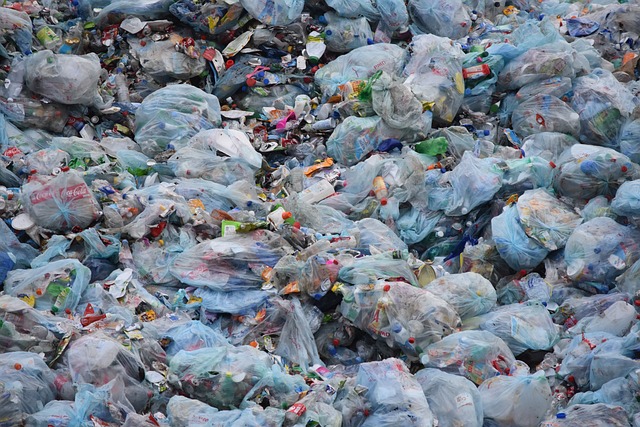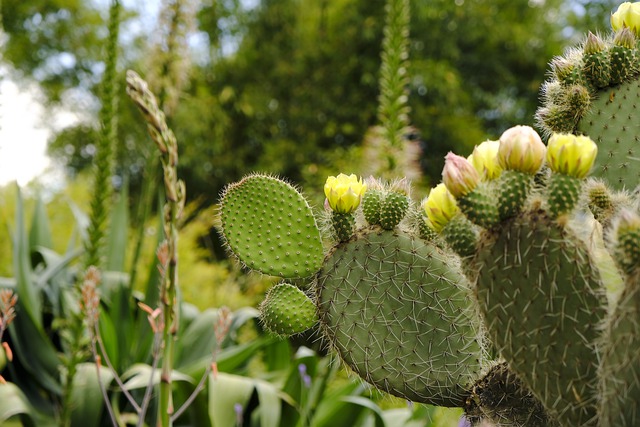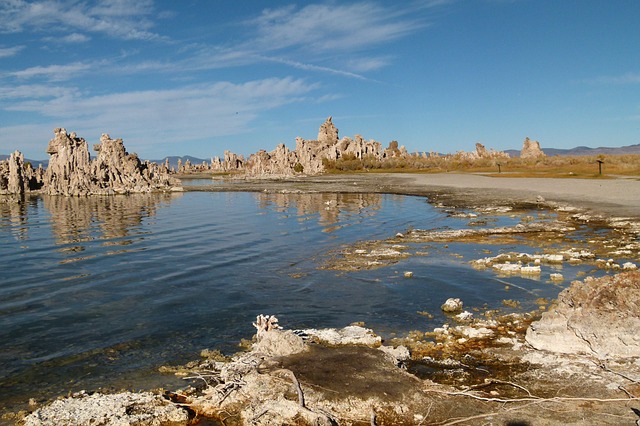Not just in Pakistan, but everywhere in the world, plastic pollution has grown to be a terrible issue. The increased usage of plastic has exacerbated existing environmental issues and has a catastrophic impact on both marine and terrestrial species. Due to its widespread production and distinctive qualities, plastic’s use significantly rose after 1965, becoming a necessary component of our daily lives. It is a great material for carrier bags, flexible packaging, and many other uses because of its high strength and imperviousness. Its extensive uses and advantageous traits are what give it the upper hand in every industry. Pakistan is among the highest consumers of plastic bags, using approximately 20 billion annually, which often end up in streets, markets, and rural areas. The country produces around 12.8 million tons of plastic waste per year, with less than 5% of it being recycled. Plastic debris and microplastics can be found in all of Pakistan’s oceans, including the Arabian Sea and the Indian Ocean, which harm marine wildlife, damage coral reefs and disrupt ocean and terrestrial ecosystems. Plastic pollution is an emerging catastrophe in Gilgit-Baltistan, a mountainous region in northern Pakistan. The region is known for its stunning natural beauty, including glaciers, rivers, and high-altitude lakes, but this beauty is being threatened by the increasing amount of plastic waste. There is not any space left which is untouched by plastic pollution. The exponential growth of plastic is so alarming that even scientist consider plastic as a key geological indicator of Anthropocene era. Plastic pollution is a result of the increasing use of plastic products that are not disposed of properly. In Gilgit-Baltistan, plastic waste can be seen littering streets, fields, and rivers, posing a threat to wildlife, human health, and the natural beauty of the region. One of the main sources of plastic pollution in Gilgit-Baltistan is tourism. As more and more tourists visit the region, they bring with them a large amount of single-use plastic products, such as water bottles, food packaging, and shopping bags. These products are often used only once and then discarded, leading to a buildup of plastic waste in the environment. For detailed information about plastic pollution, read: What is Plastic Pollution? – Sources, Effects and Solutions.
(For more information: The Impacts of Microplastic Pollution on the Environment)
Another source of plastic pollution in Gilgit-Baltistan is local communities. Many residents of the region do not have access to proper waste management facilities, and as a result, plastic waste is often thrown into rivers and lakes or left on the side of the road. This not only harms the environment but also poses a health risk to local communities, as plastic waste can leach toxic chemicals into the water and soil. According to the stock inventory developed by Gilgit-Baltistan Environmental Protection Agency, it is estimated that about total consumption of plastics in Gilgit city is 11 tons per month and around 20,460,000 plastics end up in environment. Plastic pollution in Gilgit-Baltistan can have a number of adverse impacts on the environment and human health. For example, plastic litter can harm wildlife and disrupt ecosystems by suffocating or entangling animals. Plastic bags and other debris can also clog drainage systems, leading to flooding and water pollution. It also affects tourism, as it can make natural areas appear dirty and uninviting. Burning plastic is a common practice in GB and a layer of smoke is usually seen particularly in winters that reduces the visibility. Burning of plastic releases toxic chemicals, including dioxins and furans, into the air. These chemicals can cause respiratory problems and can lead to a variety of negative health effects, including an increased risk of heart disease, exacerbation of respiratory conditions such as asthma and emphysema, skin irritation, nausea, headaches, and damage to the nervous system. Moreover, plastic burning also releases greenhouse gases such as carbon dioxide and methane, which contribute to climate change. It also contaminates the soil and water with toxic chemicals. These chemicals can then be taken up by plants and enter the food chain, potentially causing health problems for animals and humans. Scientific studies indicate that nonwoven bags outperformed other plastic bags followed by woven cotton bags. Comparing paper and plastic bags to nonwoven and cotton woven bags, paper and plastic bags have a very high Global warming potential for 20, 100, and 500 years. It is evident from the studies that nonwoven bags consume less energy and materials and release less greenhouse gases (GHG) than other types of shopping bags.
(You might also like: Non-Recyclable Multi-Layer Plastic MLP Uses and Alternatives)
Considering the gravity of issue, Gilgit-Baltistan Environmental Protection Agency (GB-EPA) in joint collaboration with District Administration and Other Line Departments has taken a step forward to eradicate single use plastic from the region through the Green Businesses initiative. This is a significant step in addressing plastic waste in Gilgit-Baltistan. This initiative will offer interest-free loans of up to PKR 96 million to local businesses that want to invest in the manufacture of sustainable, eco-friendly bags. Moreover, this eco-business is a way to boost the circular economy, as it encourages the use of sustainable materials and practices that minimize waste and promote recycling. Moreover, it will also create jobs in the green economy and help to diversify the local economy. This will reduce the number of single-use plastics in circulation and promote the usage of eco-friendly products such as reusable bags, bottles and containers.
To address the problem of plastic pollution in Gilgit-Baltistan, multifaceted approach is needed. One approach is to improve waste management infrastructure in the region, including the construction of recycling facilities. Another approach is to raise awareness about the problem among local communities and tourists, through education and outreach programs. Stricter regulations and enforcement are required to reduce the use of single-use plastics, and encourage the use of biodegradable materials. Moreover, civic responsibility and behavior change can play a significant role in bringing change in society, especially when it comes to addressing plastic pollution. When individuals take responsibility for their actions and make positive changes in their behavior, it can encourage others to do the same. This collective action can lead to a significant reduction in plastic pollution. It can also lead to the formation of strong, engaged communities that work together to address local environmental issues. Encouraging the use eco-friendly alternative options such as reusing the water bottles and shopping bags can create a difference.
In conclusion, the plastic crisis in Gilgit-Baltistan is a serious issue that requires immediate attention and action. The government, local communities, and individuals must work together to reduce plastic use, improve waste management, and raise awareness about the dangers of plastic pollution. Only by taking action now can we ensure a healthier and more sustainable future for Gilgit-Baltistan.
This article is written by: Fakhra Muneeb & Khadim Hussain.
Fakhra Muneeb is serving as Technical Expert Climate Change and Khadim Hussain is working as Deputy Director at GBEPA.
We hope you liked this post! Please comment below if you have any suggestions, comments or feedbacks! We at #envpk love hearing from readers! Thanks




